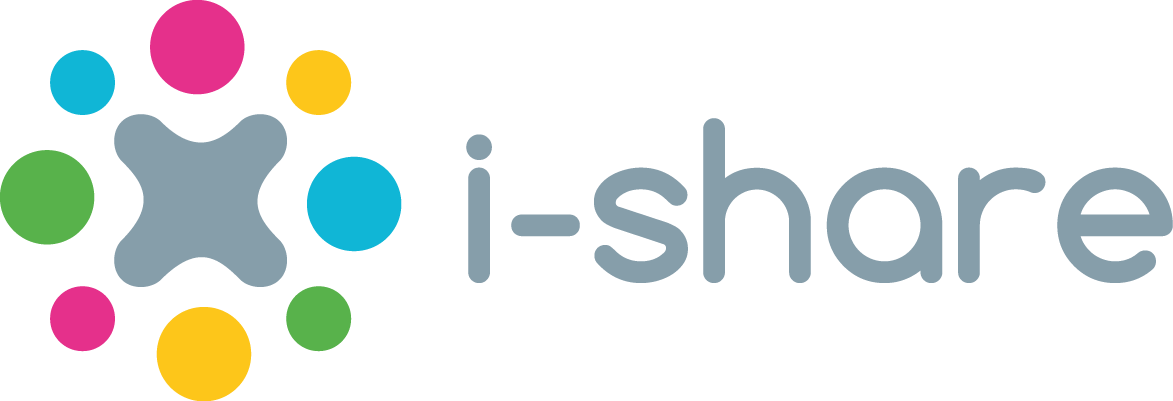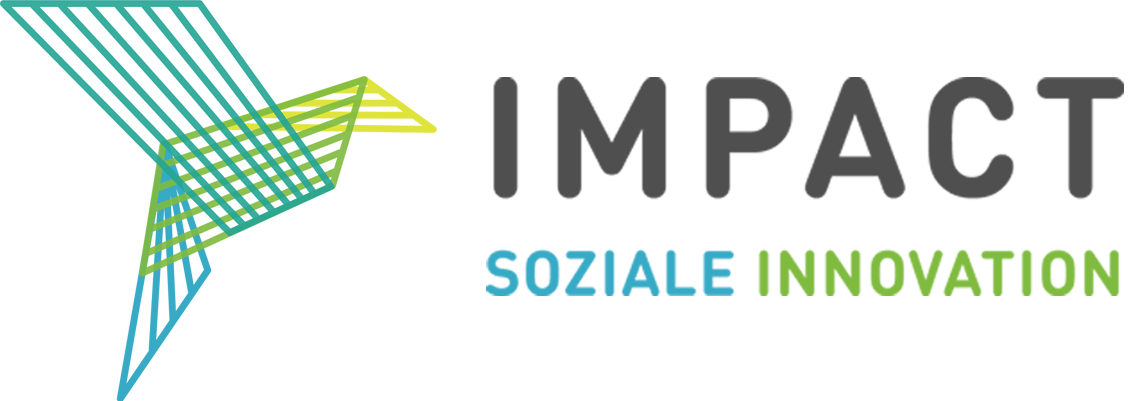Chur, Switzerland, 7-9 September 2016
iecer-conference.org
Track Chair: Oliver Mauroner, Bauhaus University Weimar
Description of the track
In his latest work „The zero marginal cost society“ Jeremy Rifkin (2014) cites the information goods industry and the
sharing economy as forerunners of a new economy. Sharing economy is understood as peer-to-peer-based activities
of obtaining, giving, or sharing the access to goods and services, coordinated through community-based online
services (Hamari, Sjöklint and Ukkonen 2015). Internet platforms such as YouTube and Flickr removed publishing
and publicity costs nearly completely for content creators (Kaplan and Haenlein 2010); businesses such as Airbnb
and Uber do the same for their industries. All these platforms base their business models on other people’s resources.
The role of the entrepreneur shifts more and more to coordinate production rather than to produce goods or services
by themselves. In peer-to-peer markets – no matter if they show analogue or digital characteristics – the distinction
between production and consumption is mashed up. This goes along with modified consumer expectations. Consumer
value is attached to usage rather than to ownership – following the service-dominant logic of marketing by Vargo and
Lusch (2004). Therefore the innovation focus also shifts from the product to application and service, which may create
new entrepreneurial opportunities. However, motivational factors that affect consumers’ attitudes and intentions
towards sharing economy and peer-to-peer consumption are widely unexplored. Market actors need to understand
customer expectations as well as the characteristics and competitive advantages of successful sharing economy
ventures in order to shape innovative applications, services, and platforms.
The concept of sharing has increasing influence on traditional industries. In fact, asset sharing is going to become
part of daily business practice. For instance, Floow2 is a Dutch marketplace for equipment like trucks and earthdiggers,
which allows firms to list items they're not using, and have other businesses rent them out. By this, firms can
use their valuable assets effectively that goes far beyond the simple generation of some extra cash. Sharing practices
show an impact on entire industrial sectors given the fact that market leaders such as Caterpillar and Komatsu are
both developing new marketplaces in which customers can rent out unused items. Other industries follow, e.g. airlines
and healthcare providers, that have started sharing expensive equipment. A fundamental question with practical and
scientific relevance is how start-ups, small firms, and large companies will be able to exploit the resulting
entrepreneurial opportunities and connect with the sharing economy in order to create maximum competitive
advantage and maximum customer benefits.
Key specific topics of the track
- Interactions and interdependencies between peer-to-peer production, sharing economy and entrepreneurial
- behaviour
- Individuals, groups, companies and networks which are agents of innovation in the sharing economy
- Different types of business models with variable facets of sharing and peer-to-peer value creation
- Changes in consumer expectations – use and share instead of buy and own – as driving forces of innovation
- Influence of shared consumption and peer-to-peer production on traditional businesses
- New ways of financing innovation and entrepreneurship
We encourage contributions that adress one or more of the listed topics, using qualitative analyses and case studies,
empirical analyses (such as comparisons of sub sectors, industries and countries) and developing theoretical
frameworks (e.g. business models of the sharing economy).
For this workshop format, we particulary welcome the submission of author(s) and working groups that are willing to
discuss their work-in-progress (short papers).
For more information visit our new homepage: iecer-conference.org
Important dates:
- Submission of papers: 29 May 2016
- Notification of authors: 30 June 2016
- Conference: 7-9 September 2016


